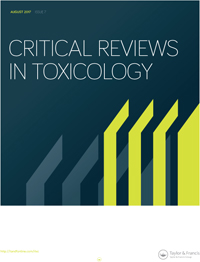 Peer reviewers, like authors, are supposed to declare any potential conflicts of interest. But what happens when they don’t?
Peer reviewers, like authors, are supposed to declare any potential conflicts of interest. But what happens when they don’t?
Take this case: In a court transcript from Feb. 23, 2017, Bryan Hardin testified that he was a peer reviewer on a 2016 paper in Critical Reviews in Toxicology, which found that asbestos does not increase the risk of cancer. In the deposition, Hardin—who works at the consulting firm Veritox—also said that he has testified in asbestos litigation on behalf of automakers, such as Ford, General Motors, and Chrysler, but said he had not disclosed these relationships to the journal.
Last year, the first author of the 2016 review withdrew a paper from another journal (by the same publisher) which concluded asbestos roofing products are safe, following several criticisms — including not disclosing the approving editor’s ties to the asbestos industry. In this latest case, the journal told us it believes the review process for the paper was up to snuff, but two outside experts we consulted said they believed Hardin’s relationships — and failure to disclose them — should give the journal pause.
We obtained a copy of the transcript from Christian Hartley, who was representing a man suing a mining company because the man developed cancer after being exposed to asbestos at work. When Hartley asked Hardin whether he had told the journal about testifying for companies involved in asbestos litigation, Hardin responded:
Continue reading What should journals do when peer reviewers do not disclose potential conflicts?

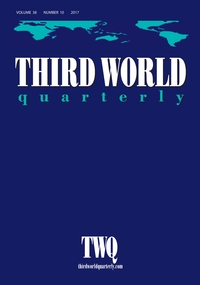 A journal has withdrawn an essay
A journal has withdrawn an essay 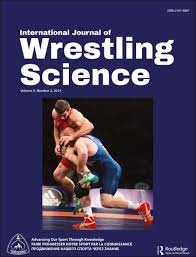 A
A Peer reviewers, like authors, are supposed to
Peer reviewers, like authors, are supposed to 
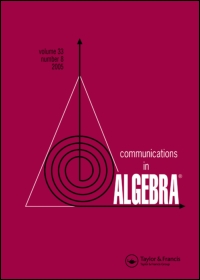
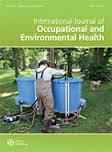 Past and present members of the editorial board of a public health journal have filed a formal complaint against the publisher after it
Past and present members of the editorial board of a public health journal have filed a formal complaint against the publisher after it